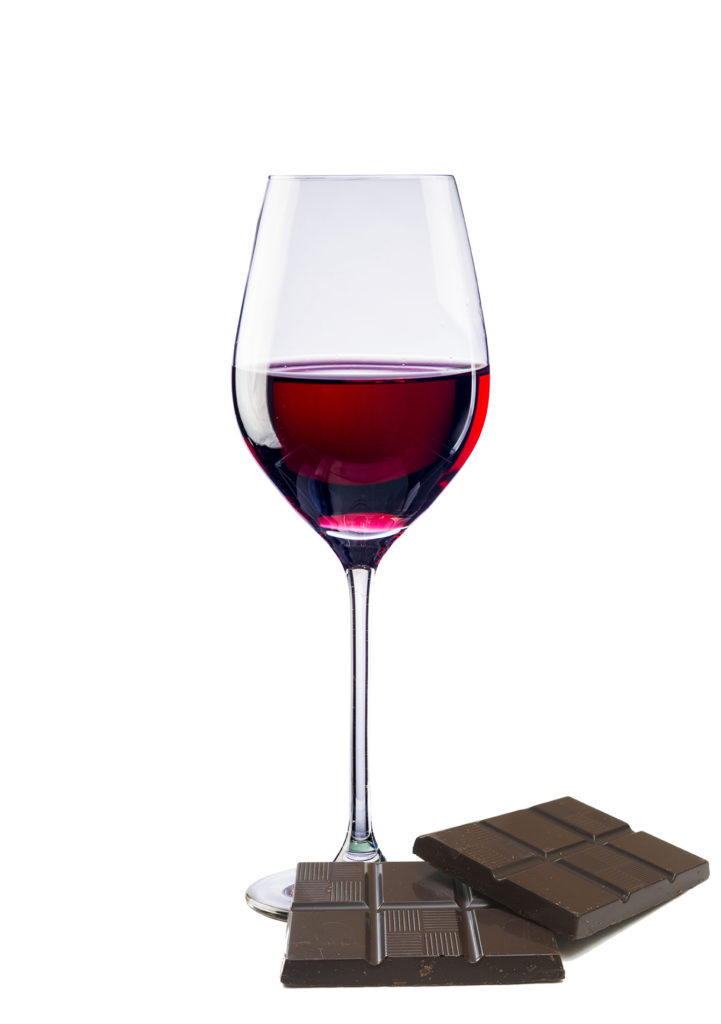
Resveratrol Does Not Impact Health
If you’ve been feeling health-smug about sipping your moderate daily glass of red wine and letting that luxurious 85% dark chocolate melt on your tongue, this may be unwelcome reading.
In one of those scientific twists that leave us wondering what to believe about nutrition, a new study published in the May 12 online edition of JAMA Internal Medicine (doi:10.1001/jamainternmed.2014.1582) showed that the antioxidant resveratrol—found in grapes, chocolate and red wine—was not associated with longevity or the incidence of cardiovascular disease, cancer and inflammation.
Lead author Richard D. Semba, MD, MPH, and colleagues considered the “French Paradox,” in which a low incidence of CVD in France, despite a diet rich in cholesterol and saturated fat, has been attributed to the regular intake of red wine—particularly to resveratrol and other wine-associated polyphenols.
The study followed a sample of 783 men and women 65 years or older from 1998 to 2009 in two Italian villages. Researchers sought to determine whether resveratrol levels achieved through diet were associated with inflammation, cancer, CVD and death. Levels were measured using 24-hour urine collections to look for breakdown products of resveratrol.
Over 9 years of follow-up, about one-third of the subjects died; of the 639 participants free of CVD at the outset, 27.2% developed CVD during the follow-up; of the 734 who were free of cancer at enrollment, 4.6% developed it during the follow-up. Urine resveratrol metabolite levels were not associated with death, inflammation, CVD or cancer.
“In conclusion, this prospective study of nearly 800 older community-dwelling adults shows no association between urinary resveratrol metabolites and longevity,” said the authors. “This study suggests that dietary resveratrol from Western diets in community-dwelling older adults does not have a substantial influence on inflammation, cardiovascular disease, cancer or longevity.”